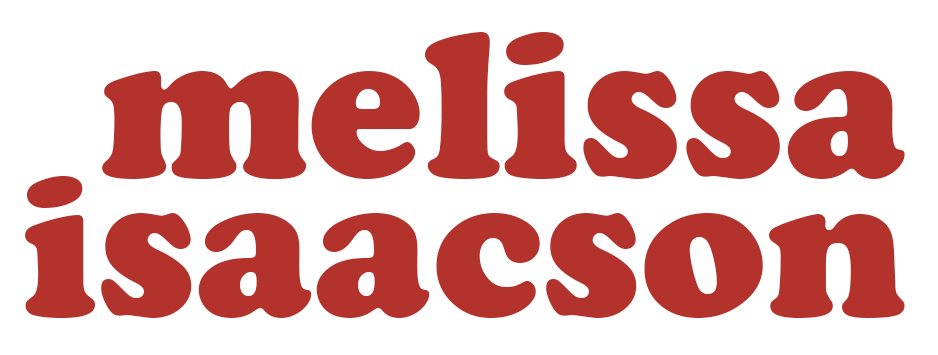They don’t teach you about softball questions in journalism school. It’s just one of those things you pick up, like how to push “record” on your tape recorder. You want to ask an athlete about an 0-for-April slump, you start by lobbing in a few about his charitable foundation.
Of course, this technique is also older than hot type and any athlete with the sophistication of a little leaguer sees right through it immediately, which is why I dispensed with any softball small talk today when I interviewed Jackie Joyner-Kersee for an ESPNChicago.com story, and launched right into the day my high school basketball team pasted hers in the 1979 state title game.
Mostly — because in addition to being the greatest female athlete of the 20th century, she is also a very nice woman — she just laughed. She told me we had a good team (which we did, and that’s not bragging since I rarely played) and remembered that the officiating was bad (it was, but I also felt compelled to remind her that a 16-point victory virtually erases any bad reffing differential).
She also remembered — or politely pretended she did to humor me — the interview conducted by WGN’s Floyd Brown on the state tournament telecast, in which he said he heard she was quite a little athlete and might one day even be in the Olympics.
Jackie, who was a shy 16-year-old junior at the time and just thrilled to be on TV, bounced up and down and acted slightly embarrassed as she shrugged a giggly “Yes.” This was before she took the court and soared above the rim for a tip-in, something we had never before seen a girl even close to pull off and scared us right out of our socks.
Joyner loved basketball, so much that she played at UCLA in addition to competing for the Bruins and training for the Olympics in track and field. So much so that she had a one-year stint with the Richmond Rage of the fledgling American Basketball Association in 1996.
So much so that like us, growing up about 300 miles or so away, she ran around her neighborhood playing with her older brother Al and the other boys. There was not too much running around, however, and not too much playing with the boys if her mother Mary, a nurse’s aide, had anything to say about it.
“My mom didn’t believe in that,” Jackie said, “and really didn’t understand what I was doing in athletics. Thank God I had a dad who thought it was ok. My mom was like, ‘No sports. Get your education, come clean the house, sports is out the door.’
“For my mom, it was about morals, values, character, integrity, about me being a good person, to be respectful and understanding the challenges of life.”
Mary Joyner understood. She married Jackie’s father Al Sr., when she was 16 and he was 15 and did not want her four children following the same path.
“Even as I continued to develop and grow . . . me and my brother talked about going to the Olympics (Jackie’s brother Al won the gold medal in triple jump in the ’84 Olympics) and she’d be like, ‘OK, OK.’ “
The tragedy is that Jackie was called home during her freshman year at UCLA after her mother was struck by meningitis and died at 37.
“She never saw me compete on the Olympic level,” Joyner-Kersee said.
Talking to her this morning, she looked like she could still run barefoot across gravel and appear the Olympic champion. And annoyingly, she would not go along with me when I all but begged her to tell me she at least felt a little sore when she worked out.
She reminded me that after losing that ’79 title game, “We came back and won the next year, you know. Didn’t lose a game.”
I told her I remembered hearing something about it. Trash-talking an Olympic legend is always in good form. Then I asked if she still shot around, if she still had some game.
“It would take me a while,” she said. “You always have it, but at this point you have to go get it.”
I imagine she doesn’t have to go very far.
